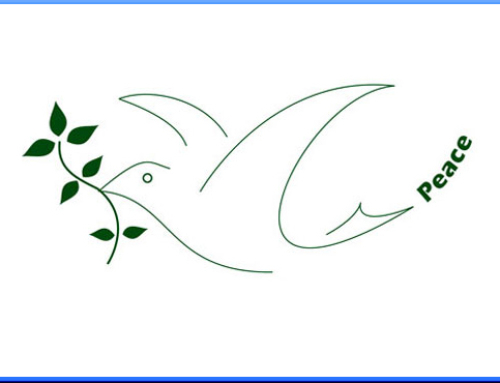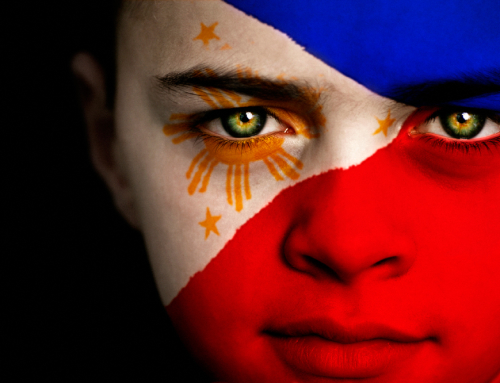Special to TUDLA:
This piece was originally posted by Tessie Tumaneng-Diete (Watergate ’74) on February 2, 2010 in the discussion section of the UP Varrons Facebook page (you can click the FB logo to view the page; login is required).

Tessie
The 2008 Phil Census Office stats show there are 2 million Filipino overseas workers, with 32% of them being unskilled workers and labourers, including domestic helpers. OFWs bring into the country a staggering P140 billion in remittances, and perhaps the country’s top revenue earner. Another report from Manila bulletin last week indicates that the Philippines is so concerned that this workforce base of OFWs is declining (ageing worforce,etc). It never mentioned the other side of the coin.
Yes, on the other side of the coin are social problems created by having absentee parents, not to mention the ill treatment received by some (take note, SOME, not all) in a foreign country. Ill-treatment, such as foreign workers being cramped into crowded houses, shortchanging them of promised dollar earnings by giving them pesos instead, their passports kept by employers and being sacked by employers if they join the unions, have all been sensationalized by the media. But have Philippine authorities been listening? They seem to be more concerned with losing the workforce base that could be sent overseas to earn more revenues for the country!
One could say there is a legitimate desperation to earn a living, which could not be adequately provided by the Philippines. But is that enough excuse for anyone to bear standards lower than the residents of that foreign country? With the dire resources for adequate pre-departure training and orientation, I doubt it that those OFWs who bear modern day slavery have enough skills to be assertive, to know their rights and the resources available in order to escape such slavery, or to have coping mechanisms to remedy breaches in humanity.
In my volunteer and later on paid work in the social welfare area in Australia (yes, I worked in that area before resuming my natural resource economics work), I have counselled victims of domestic violence. Their sufferings were incomprehensible, such as surviving on a piece of bread thrown to them on the floor, being locked up for years in houses in remote areas by their own spouses, not being allowed to speak their own language at their own homes, to name a few. Incredible that such monstrosities were hurled at victims who were mostly college graduates way back in the Philippines. How could they have not spoken out for their rights, one may wonder? Perhaps they did not know anyone who could help them, until by accident or sheer pity or moral obligation from the broader community, they found their way to social welfare agencies.
What would you do, if you become aware of such modern day slavery? Your thoughts, anyone?
Last Updated on October 12, 2016 by Tudla_Admin


















To the author of this brief piece and to your group: Thank you for including this important topic into your website. This is a global problem and exists not only with Filipino workers. Just want to bring to your organization’s attention and to your readers the existence of “THE HUMAN TRAFFICKING PROJECT” (A site dedicated to raising awareness of modern day slavery and exploring innovative solutions to stop it). The link is: http://traffickingproject.blogspot.com/. Thank you.